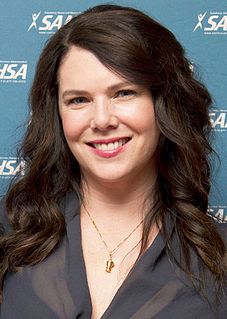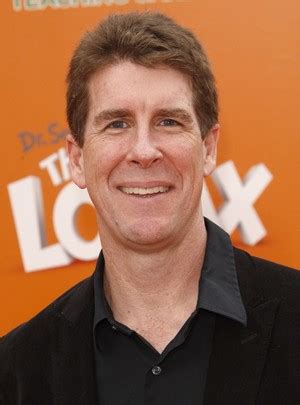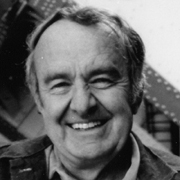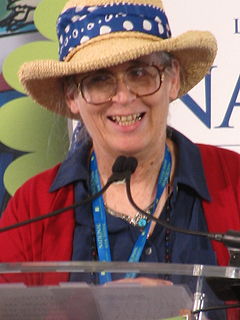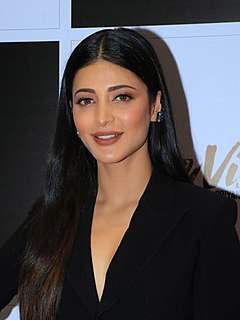A Quote by Lauren Graham
Well, it's more of a sane life to be part of an ensemble! I find that the work can be more specific too and I have to really make sure I know where I am in the story because I'm not in every scene.
Related Quotes
--Why are we fighting them? --They're mad. We're sane. --How do we know? --That we're sane? --Yes. --Am I sane? --To all appearances. --And you, do you consider yourself sane? --I do. --Well, there you have it. --But don't they also consider themselves sane? --I think they know. Deep down. That they're not sane. --How must that make them feel? --Terrible, I should think. They must fight ever more fiercely, in order to deny what they know to be true. That they are not sane.
For me, I wish I loved every script that I read. Sometimes I'm more picky and choosy than I really should be because you would get more jobs as an actor! But you don't know what it is. Sometimes you read something and it could be a big part or a small part. It could be one scene and I'll read it and say: "Wow, I really like that and I really want to do that.".
You want to find the right balance, but you have to have the Minions because people responded so much to them. We wanted to find a story that would make the Minions more a part of the story than they were in the first movie. In this one, as you know, they're disappearing. What's happening to the Minions? We made them a much bigger part of the movie in those terms.
When we're in the story, when we're part of it, we can't know the outcome. It's only later that we think we can see what the story was. But do we ever really know? And does anybody else, perhaps, coming along a little later, does anybody else really care? ... History is written by the survivors, but what is that history? That's the point I was trying to make just now. We don't know what the story is when we're in it, and even after we tell it we're not sure. Because the story doesn't end.
The world is too complicated in all parts and interconnections to be due to chance alone. I am convinced that the existence of life with all its order in each of its organisms is simply too well put together. Each part of a living thing depends on all its other parts to function. How does each part know? How is each part specified at conception? The more one learns of biochemistry the more unbelievable it becomes unless there is some type of organizing principle-an architect.
Well, I think the main message is there is more to your story. There is more than what happens between the crib and the grave, and that is what I am really trying to speak to, this idea that all of life is this life and that there is nothing more than what we see and experience right here on this earth.
A tree is alive, and thus it is always more than you can see. Roots to leaves, yes-those you can, in part, see. But it is more-it is the lichens and moss and ferns that grow on its bark, the life too small to see that lives among its roots, a community we know of, but do not think on. It is every fly and bee and beetle that uses it for shelter or food, every bird that nests in its branches. Every one an individual, and yet every one part of the tree, and the tree part of every one.
What you find with really good directors is that they kind of leave you alone. They've hired you because they know the kind of work you do and the sense of how you'd approach it. So usually, they'll just stand back and maybe give you a nudge once in a while in terms of something specific they might want in a particular scene.
I've always been into 'fast-paced, don't bore 'em, keep it moving along, stick with the story.' You know: tell a story the way I want to hear a story. I find it more rewarding to write for kids, but I also find it a little easier, because you can just let loose a little bit more in terms of fantasy and stuff.
I feel like, if I'm being honest with myself, my biggest skill set is as a writer 'cause I can do that quickly and I'm really grounded in story structure. Part of my success as an actor, is that I know story well. Part of my success as a director, is how well I know story. Same thing, as a producer. It all begins and ends with me as a story creator. But, I love doing it all.
